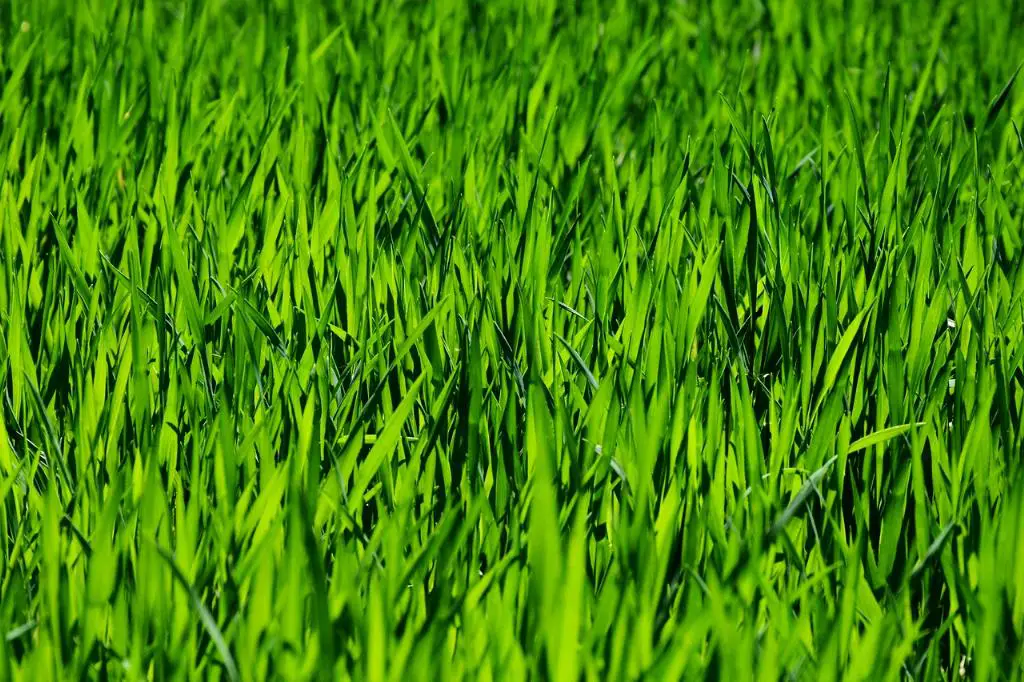If you’ve noticed a pesky presence of mushrooms dotting your lawn, there are several steps you can take to rid your outdoor space of these fungal intruders. By following a few simple strategies, you can help restore your lawn to a healthy and mushroom-free state.
Identifying the Source
Before taking action to eliminate mushrooms from your lawn, it’s essential to identify the source of the issue. Mushrooms typically thrive in moist environments with organic matter. They often sprout from dead tree roots, old mulch, decaying leaves, wood, or pet waste that may be present in your yard.
Cleaning Up Your Lawn
To address the root cause of the mushroom growth, start by cleaning up your lawn. Remove any dead tree roots, old mulch, decaying leaves, and wood that may be providing a breeding ground for mushrooms. Rake up grass clippings and dethatch your yard to create an environment that is less conducive to fungal growth.
Applying DIY Fungicide
One effective way to combat mushrooms in your lawn is by applying a DIY fungicide. After removing visible mushrooms, you can create a mixture of vinegar and water to spray on the affected areas. Mix 5 tablespoons of vinegar per gallon of water and apply it to the spots where mushrooms have appeared.
Maintaining Proper Lawn Care
Proper lawn maintenance is crucial for preventing mushrooms from returning to your yard. Ensure that your lawn receives adequate sunlight and airflow to discourage fungal growth. Regularly mow your grass, water it evenly, and avoid over-fertilizing, as excessive nutrients can feed mushroom spores.
Avoiding Excessive Moisture
Since mushrooms thrive in moist environments, it’s essential to avoid excessive moisture in your lawn. Avoid overwatering your grass, especially in shaded areas where water may accumulate. Proper drainage is key to preventing waterlogged soil that can promote mushroom growth.
Improving Soil Drainage
If your lawn struggles with poor drainage, consider improving the soil structure to prevent water from pooling on the surface. Aerate your lawn to enhance soil drainage and reduce compaction, allowing water to infiltrate more easily and decreasing the likelihood of mushroom development.
Adjusting Your Lawn’s pH Levels
Another factor that can influence mushroom growth is the pH level of your soil. Mushrooms typically prefer acidic soil conditions, so testing your lawn’s pH and making adjustments as needed can help deter fungal activity. Consider adding lime to raise the pH and create a less hospitable environment for mushrooms.
Explore Natural Remedies
In addition to DIY fungicides, there are natural remedies you can use to combat mushrooms in your lawn. Sprinkling baking soda or cornmeal in areas prone to mushroom growth can help disrupt fungal development. These natural substances can alter the soil environment to make it less favorable for mushroom proliferation.
Seek Professional Assistance
If mushroom infestation persists despite your efforts, consider seeking professional assistance from a lawn care expert. A professional can assess the underlying causes of the issue and recommend targeted treatments to eradicate mushrooms from your lawn effectively.
Monitor Your Lawn Regularly
After implementing strategies to rid your lawn of mushrooms, it’s important to monitor your outdoor space regularly for any signs of fungal resurgence. By staying vigilant and addressing potential risk factors promptly, you can maintain a healthy and mushroom-free lawn.

Enjoying a Fungal-Free Lawn
By following these proactive measures and adopting a comprehensive approach to lawn care, you can effectively rid your yard of mushrooms and prevent their unwelcome return. With proper maintenance, you can enjoy a lush, green lawn that is free from fungal invaders and thriving with vitality.
